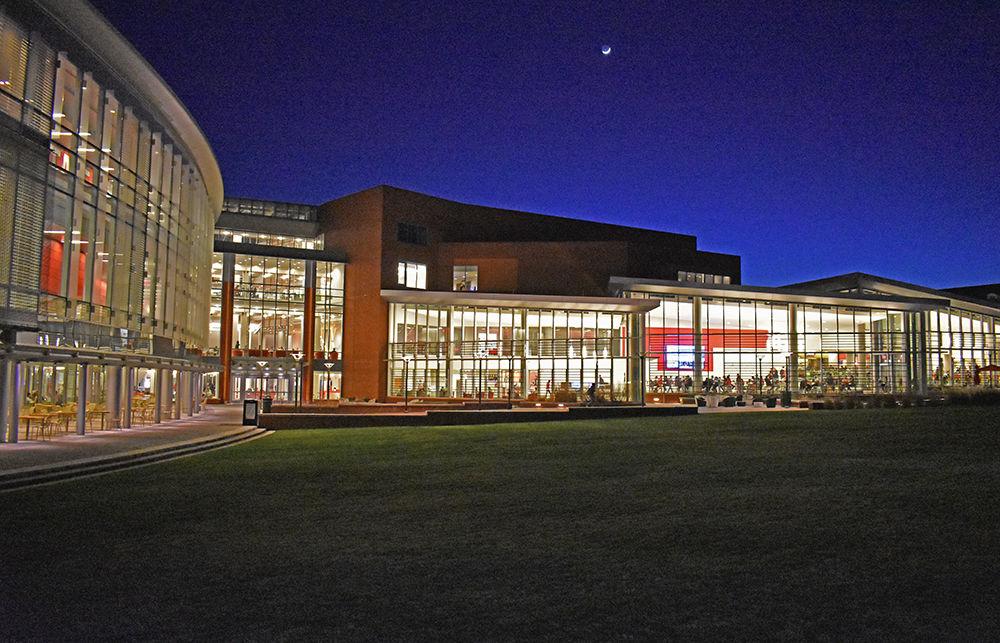NC State jumped into the top 10 public universities on Kiplinger’s Personal Finance best value for the money this year. Various NC State online graduate programs, including programs by College of Education, also made gains on U.S. News & World Report list of online graduate program rankings.
Last year Kiplinger’s Personal Finance ranked NC State as the 18th best value for public colleges, but this year NC State jumped to ninth place for both in-state and out-of-state students. These rankings account for factors such as competitiveness, graduation rates, academic support, cost and financial aid, student debt and post-graduation salary.
The average in-state NC State student pays $10,990 and the average out-of-state NC State student pays $29,338 in tuition a year per a year after financial aid, according to Kiplinger’s.
This is partially made possible by NC State’s Office of Scholarships and Financial Aid, which awarded undergraduates an average of $12,695 per student for the 2016-17 academic year according to Krista Ringler, director of NC State’s Office of Scholarships and Financial Aid. Ringler expects that NC State’s commitment to providing affordable education will help NC State shine in rankings like Kiplinger’s well into the future.
“NC State has a long history of demonstrating a commitment to an affordable education,” Ringler said. “Coupled with the excellent achievements of our applicants and graduates, I expect our commitment to affordability will result in the University continuing to surface as a leader in rankings such as this one.”
Online NC State programs also have gained in rankings on U.S. News & World Report’s list of online programs. The online program that made the biggest improvement was NC State’s Leadership in the Public Sector program, which especially appeals to military and nontraditional students and went from 103rd place last year to 71st place this year.
Online graduate programs offered by NC State’s College of Education went from a ranking of 29th place last year to 15th place this year. The College of Education has made significant efforts in helping others understand the work of faculty and students in the college, according to Mary Ann Danowitz, dean of the College of Education. This includes expanding the College of Education’s reach within the education system both at the state and national level.
“Our College of Education at NC State is increasingly perceived as a leading college in North Carolina and our recognition is also growing nationally,” Danowitz said. “We have strengthened our connections to school districts and other stakeholders; we have increased the impact of our research and scholarship, which have resulted in grant funding at record levels in recent years; we have expanded our teaching to reach more students locally and nationally.”
This jump in rankings for the College of Education comes on the heels of NC State being chosen to host the revamped North Carolina Teaching Fellows Program. According to Danowitz, the selection of the College of Education as one of the five institutions to host the program is a statement of the quality of teaching programs offered at NC State, especially in STEM education.
“Our selection [as a host of the North Carolina Teaching Fellows Program] shows important stakeholders in North Carolina trust we can prepare the best teachers in the state,” Danowitz said. “The new Teaching Fellows focuses on mathematics, science, and special education. For us, with a strong focus on STEM education, we plan to continue to be leaders in the state in the production of STEM-focused teachers.”
For students across various colleges at NC State, cost of college and financial aid play an important role in making the decision to come here. Students also consider other factors in making a decision to come to NC State such as value, community vibe and research opportunities.
Robert van der Drift, a first-year studying meteorology and applied math, emphasized the research opportunities. A major research university in the Research Triangle Park, NC State provides opportunities that other universities cannot match.
“There are a couple cool resources at NC State, like the NC State Climate Office on Centennial, WRAL right across from Jordan Hall and the weather service,” van der Drift said. “The meteorology program here is on the up and up, and is getting progressively better, especially when you look at the statistics.”
However, NC State is not exempt from challenges facing universities across the country. Reductions in funding from both the state and federal level threaten to reduce financial aid for students and increase the costs of quality education, according to Ringler. Yet, Ringler is hopeful about NC State’s ability to adapt as necessary.
“NC State has shown an ability to adapt when necessary to navigate the changing landscape,” Ringler said. “I expect NC State’s long-standing commitment to an affordable education will continue to successfully carry us through as those challenges arise.”








